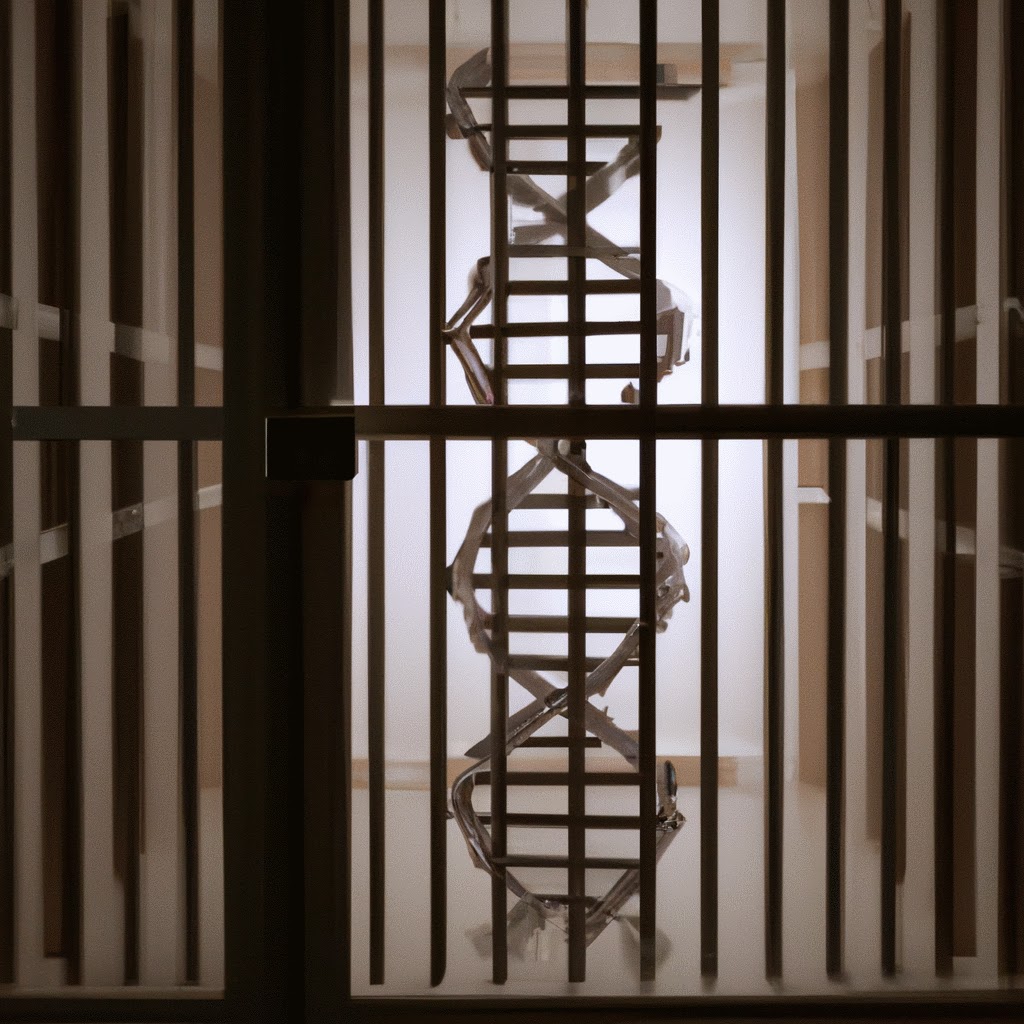- cross-posted to:
- technology@lemmy.world
- cross-posted to:
- technology@lemmy.world
Computer chip with built-in human brain tissue gets military funding::undefined
Having worked in neuroscience and synthetic biology I want to give some context.
First, here is the actual paper: https://www.cell.com/neuron/fulltext/S0896-6273(22)00806-6
Second: is this bullshit?
Overall, I think this research was well-conducted and meaningful, although use of the words “intelligence” and “sentience” are deliberately sensationalist. In the context of the paper, they mean that it is responsive to its environment in the same way a sea sponge or Tomagotchi is.
The cells are neurons cultivated from dissolved rat brains (after they were gently euthenized) and reprogrammed forebrain neurons cultured from cells collected from a baby’s foreskin after circumcision (which isn’t unusual even though it’s weird if you don’t work in this field).
Then, the cells were transferred to a commercially available plate with thousands of little electrodes on it that can read the random electrical pulses healthy neurons in a dish routinely shoot off, and also stimulate these. The team then used a program to take the input value from a bunch of the readings and map one area of the plate’s activity to moving the paddle up and one section to down, and then had another region that was given stimulation of random noise except when the ball hit the paddle. Then they tried to quantify if this loop incentivized the neurons to coordinate to try to increase the number of ball strikes. I don’t know if it could read the ball position or just got a “reward” when it collided.
Really, they expanded an existing set of tools elegantly in a way that can improve our ability to study neurons in a dish. Which is great. Culturing neurons well is harder than people like to admit. BUT: nothing about this currently advances computer science in a specific way. It might in ten years, but so might superconductors. There’s nothing about a biological network that is inherently superior to other informational networks, except that they’re currently the underlying component of the most successful informational networks we know of. And, of course that they get you hot, hot, HOT press, which is certainly nice when you’re trying to get money to do research.
Scientist: Hey Doc, you gonna use that foreskin you just cut?
Doc: No, go right ahead!
Scientist: thanks.
This is how I imagine this conversation goes down.
Yes, except there’s also a line where the doc says, ‘will you attest to the institutional review board that you won’t use this to make a Kaiju/clone Hitler/travel through time and kill your grandfather, etc?’
And then they give it to them.
Those rules only exist because somebody couldn’t help but travel through time to kill their grandfather Hitler who may or may have not have been a clone. It happens every time they don’t enforce it.
Where would they get forebrain neurons if they didn’t have access to baby foreskin…?
Blood cells. In my lab we used peripheral blood mononuclear cells. Harvesting from baby foreskin is obsolete technology, imo, but the cells are already in the cell bank, so people use 'em.
Very freakin cool dude. Thanks for the read and knowledge!
Blood cells are not neurons though, so the extra step of reprogramming them (epigenetically?) perhaps could use, also, some elaboration
Whether you’re using blood cells or fibroblasts (which is what’s taken from foreskin, and can come from a simple skin punch too) you give the cells a big blast of growth factors trust turn on genes that are expressed very very early in gestation, back when a fertilized zygote is starting to turn into all the different cell types in the body. These are induced Pluripotent Stem Cells (iPSCs). Then you can freeze these, and use them to make neurons, cardiac cells, pancreatic cells, whatever.
There are techniques for reprogramming that bypass this by going from blood or fibroblasts to neurons or something. This is called direct reprogramming. It’s more complicated and less mature technology, though, so it’s not practical for most cases.
Foreskin: the essential component of all scientific advancements.
…
Okay.
…
That shit’s getting freaky.
(sorry. lol. Thanks for the informative comment though.)
What does “commercially available plate” and “reward” mean in those respective contexts?
The plate is a consumable dish that is designed to fit into this guy: Maestro Pro.
It’s kind of the iMac Pro of reading electrode signals from cells. It’s a high end piece of lab equipment, and popular for this kind of work. Which is great: it means that this work is more replicatable, as I’m sure lots of people are going to want to try variations on this. There’s a good chance my old boss is at least considering it right now.
Reward in this context means a nice, soothing syncronized electrical pulses. I’m curious whether more informed experts would validate that this constitutes a desirable effect, but that’s what they went with. The alternative was random noise.
For you, this would be like, bad: four seconds of audio static. Good: four seconds of metronome.
The possibility that disembodied neurons prefer synchronized “soothing” pulses as opposed to chaotic noise is infinitely more interesting to me than this article.
It’s a fascinating topic.
What’s the raspberry pi of the industry?
Thanks, very useful.
Great… Next thing you know we will have inquisitors torturing people…
Once we start seeing spikes in eyes, it’ll be too late.
For some reason this makes me want to write Mistborn jokes:
-
An Inquisitor, a Misting, and a Feruchemist walk into a bar. The Inquisitor flags down the bartender and says, “Do you mind if I use the backroom tonight?” The Inquisitor motions to the Feruchemist and the Misting and says “We need a little privacy. My friends here really need to get hammered together”.
-
In the same bar a little while later, a newly minted Inquisitor stumbles out of the back room blood pouring out of new wounds and leans on the bar. The bartender says “Well, aren’t you a sight for sore eyes”
-
The first Inquisitor walks calmly out of the back room toward the bar wiping his blood coated hands on a cloth. He says “Barkeep we need to head out. I’d like to close out my bar tab. What’s the damage look like?” The bartender looks at his tally and says “Looks like you and your friend went through about 12 Rusty Nails.”
Take your upvotes and get out.
-
Now that is a rusting reference.
From the moment I understood the weakness of my flesh, it disgusted me. I craved the strength and certainty of pewter; I aspired to the purity of the blessed kandra.
Working IT, the last thing I need is a machine spirit to please on top of everything else.
rm -rf /test Error. Incomplete syntax. Be polite.
rm -rf /test please
Star Trek Bioneural circuitry
Now, how do we make the nerve cells synthesize the sensation of pain? That would be a great way of getting it to do what we want, just like nature does to us!
It’s called DishBrain, a silly name for something terrifying…
That’s the whole idea. Boinkybox will be the name of their simulated interrogation universe.
God damn Robobrains straight out of fallout. Hope this gets banned quickly
No, not exactly. It’s Petri dish grown and a mixture of human and mouse cells
This is how Mickey Mouse comes into creation
But I am made for love, not war!
literally a purposed organism
Aren’t regions of the brain associated with function? What region is picked for harvesting?
Brain stem is probably predictable but rather basic.
The rat neurons were harvested from the frontal cortex, and the human neurons were harvested from fibroblasts in a baby’s foreskin, and then given chemical signals to make them into stem cells, and then to make those stem cells turn into frontal lobe neurons.











